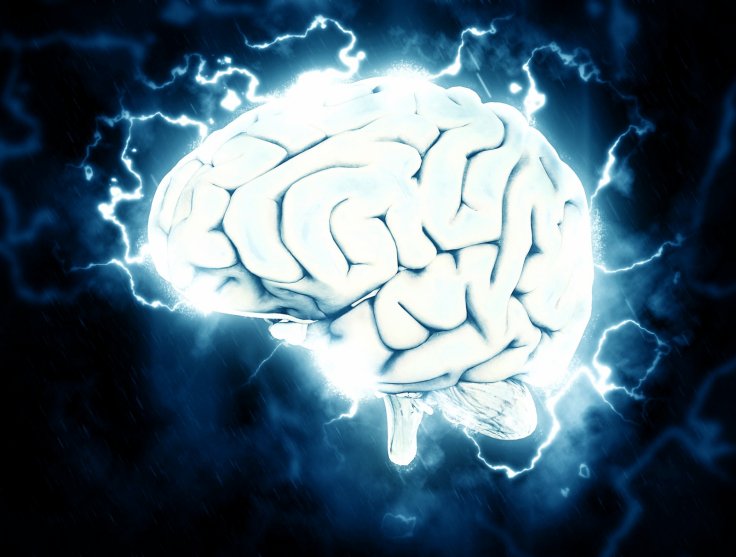
It has been a challenge to the medical fraternity whether to tell for sure whether a brain-injured patient will ever recover from a coma or not. A new study insists that just an EEG test will reveal the hidden consciousness in patients' brains.
Though these brain-injured remain unresponsive, their brain may well be responsive to some outside commands, said the study published in the New England Journal of Medicine.
EEG or the widely-used electroencephalography is often used to demonstrate the functioning of the brain. The researchers used EEG to see for signs of brain activity in a group of brain-injured patients to realise that 15% of them had residual activity, though in comatic state.
EEG is useful to examine what scientists call "preserved consciousness" even in brain injury cases and the new method might help predict whether a brain-injured patient will wake up ever from coma or not, before doctors sniff out life-support.
Essentially, this angle has led to most ethical medical decisions made to donate organs to recipients before removing the life-support in brain-dead patients. Now the new EEG study should help medical professionals.
Jan Claassen, head of neurocritical care at Columbia University's neurological ICU and the lead author of the study, said: "I got interested in consciousness very early on in my medical career."
Their study was based on EEG reports of brain activity of 10 healthy volunteers and 104 patients with an acute brain injury. Using headphones, they gave out verbal commands and found that 16 of the 104 showed brain activity.
Past studies have shown that approximately 15% of brain-injured patients for months or years are actually aware, and their brains respond to external commands.
Claassen says constant monitoring and processing the EEG data is important as patients tend to drift in and out of consciousness when they are brain-injured. It requires tests several times a day in the first few days following an injury, she noted. The study "has the potential to completely change how we manage patients with acute brain injury," says Claassen.









